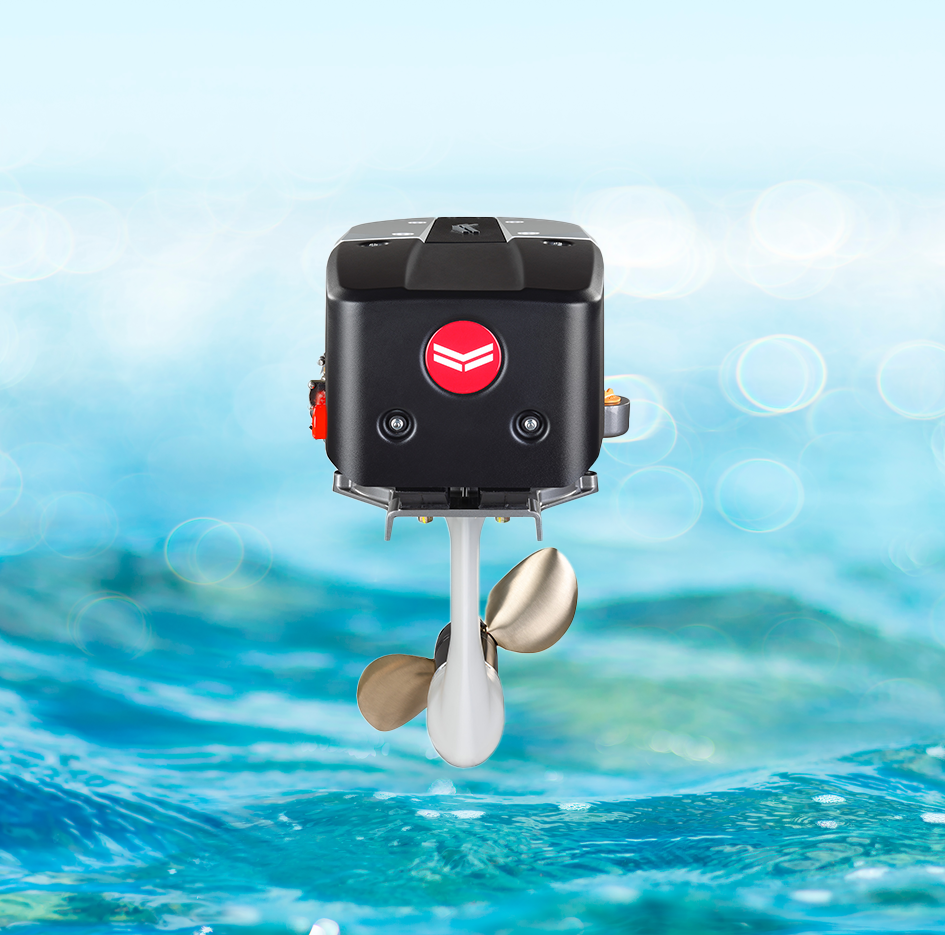Technology

Technology for sustainability
Our company is transforming, committed to protecting our oceans, lakes and waterways.

YOUR POWER OF CHOICE
YMI officially launched its ‘plug and play’ Electric Saildrive range to the global market in 2024. This innovation won two DAME Awards in the ‘Propulsion & Dynamics’ and ‘Environmental’ categories, further solidifying our commitment to clean and efficient marine technology.
The new SDe E-Saildrive series is our first step into electric propulsion and a giant step in our sustainability journey. It is designed to give boaters a seamless transition to electric power by utilizing a straightforward installation platform.


With the YANMAR Green Challenge 2050, YANMAR has committed to fundamentally transform its business by 2050. The goal is to reduce the environmental impact to zero for the entire production chain, from our suppliers to our final customers.

OUR ENERGY TRANSITION STRATEGY
YMI’s energy transition strategy works in tandem with the YANMAR Green Challenge 2050. Committed to protecting our oceans, lakes and waterways.
Let’s do this together.
One step at a time.
The journey to zero emissions is a long one. At YMI we are constantly working towards our goal, step by step. As new technologies that contribute to a sustainable future become available, we invite you to explore them with us.
Alternative Fuel
Harnessing the environmental and user benefits of future fuels is integral to our Energy Transition Strategy. To meet the requirements of our customers, YMI is adapting and advancing our technology as we evaluate the evolving range of cleaner alternative fuels.
A large part of our engine range is HVO approved.
HVO-approved engine
FAQ’s about HVO
Hydrotreated vegetable oil (HVO) is a renewable paraffinic (diesel) fuel. It is derived from used cooking oils, residue animal fats from food processing, tall oil, and non-food grade crops.
The use of renewable (HVO and BTL) fuels will give a substantial decrease (up to 90%) of fossil CO2 emissions. Featuring the low sulfur and aromatics associated with paraffinic fuels, HVO burns more cleanly than first generation biodiesel or mineral diesel.
EN15940 HVO can be used as a direct replacement for fossil diesel in YANMAR’s new and heritage marine sail and powerboat engines, either neat or blended in any proportion. YANMAR allows HVO20, HVO50 and also GTL to be blended.
The use of renewable or alternative (diesel) fuels that are in accordance with EN590 or EN15940 is permitted in the following YANMAR engine models:
1GM Series, YM Series, JH Series, 4LH HTP Series, 4LH DTP Series, 4LH STP Series, 6LY Series, 6LF Series, 6LT Series
*Find a complete list of HVO-Approved engines at yanmar.com/marine/technology
The renewable or alternative fuels that are in accordance with EN15940 have lower density and lower calorific value per volume. 6% lower output and 6% higher volumetric consumption than conventional (EN590) diesel fuels are to be anticipated.
After switching to EN15940 HVO, any engine performance loss and higher fuel consumption are not covered by warranty. When renewable or alternative fuels are used that are not in accordance with EN15940, problems as fuel pump seizure or fuel injector seizure may occur due to deterioration of fuel lubricity. This will not be covered by YANMAR’s Limited Warranty Coverage.

Questions and Support
Learn more by searching our FAQs or find your local dealer or distributor from our global network. Please feel free to contact YANMAR Marine with any non-technical questions by visiting our Contact page below.









